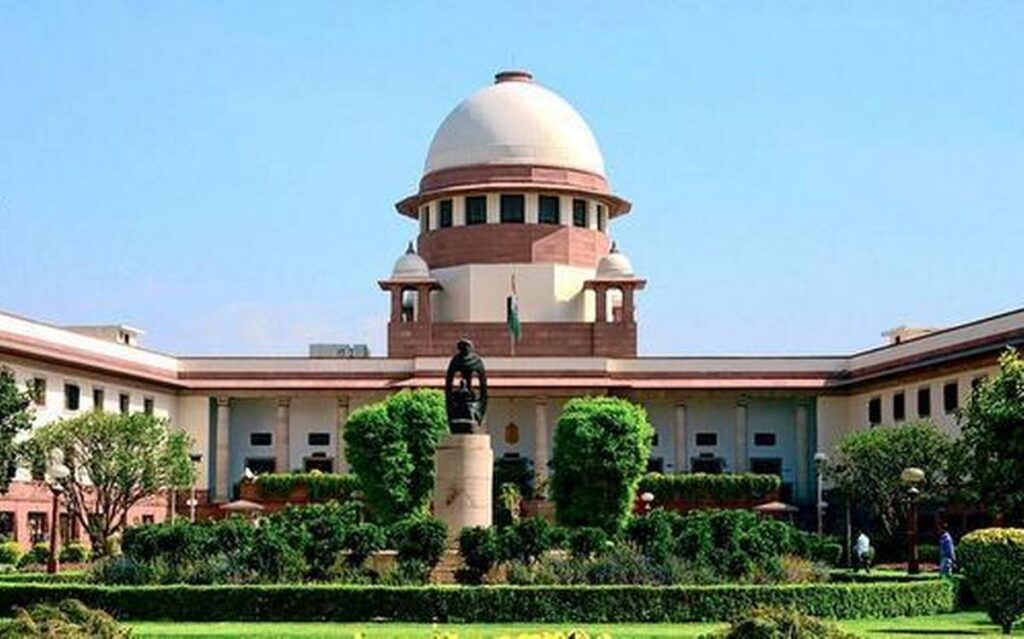
The Supreme Court dismissed an appeal by men convicted of rioting at a vote booth in Jharkhand on Friday, saying that any effort at booth capture or fraudulent voting should be dealt with harshly since it undermines the rule of law and democracy.
A bench of Justice D Y Chandrachud and Justice M R Shah, citing previous rulings, held that voting freedom is a part of freedom of speech and that voting secrecy is important for democracy to be strengthened.
“The essence of the electoral system should be to ensure freedom of voters to exercise their free choice. Therefore, any attempt and of booth capturing or bogus voting should be dealt with iron hands because it ultimately affects rule of law and democracy,” the bench said.
The bench noted that maintaining secrecy in elections to the Lok Sabha and state legislatures is essential, and that in democracies where direct elections are held, it is critical to guarantee that voters cast their votes without fear of being victimised if their votes are revealed.
“Democracy and free elections are part of the basic structure of the Constitution. An election is a mechanism that ultimately represents the will of the people. Nobody can be permitted to dilute the right to free and fair elections,” the bench said.
The appeal filed by Lakshman Singh and others who were convicted under sections 323 (voluntary inflicting harm) and 147 (rioting) of the Indian Penal Code was dismissed by the Supreme Court. It concluded that because the state had not filed an appeal against Singh’s six-month sentence, the case was closed.
According to the prosecution’s evidence, on November 26, 1989, a FIR was filed at Paatan Police Station stating that on the night of the general election, the complainant was working as a Bhartiya Janta Party worker at village Golhana Booth No. 132 under Paatan Police Station, giving voter slips.
“The use of the force, even though it be the slightest possible character by any one member of the assembly, once established as unlawful constitutes rioting. It is not necessary that force or violence must be by all but the liability accrues to all the members of the unlawful assembly,” the bench said.
The Supreme Court ruled that once an unlawful assembly is formed for the purpose of achieving a common goal, such as “snatching the voter’s list and casting fraudulent votes,” each member of the unlawful assembly is guilty of rioting.
The appellants were correctly convicted under Sections 323 and 147 of the Indian Penal Code and sentenced to six months of simple imprisonment for those offences, according to the top court.
The Supreme Court ordered all of the appellants to surrender immediately and fulfil the remainder of their sentences.




